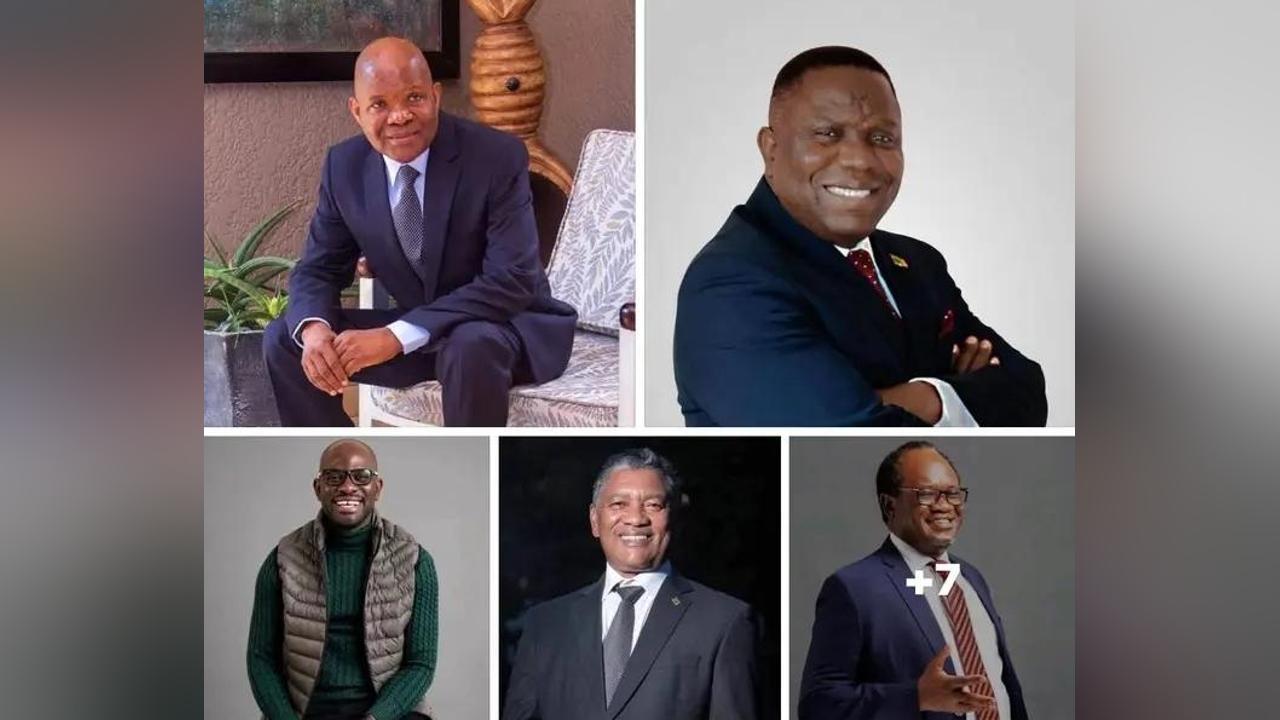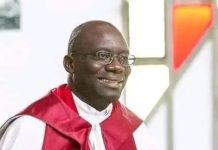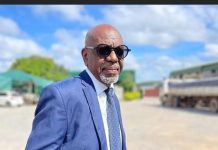Africa-Press – Zambia. Zambian politics has always danced to the tune of region, language, and the unspoken alignments of power. Since independence, the corridors of power have echoed most loudly with the voices of those from certain regions—especially the North. Now, as we approach yet another decisive election season, we find ourselves standing before a familiar pattern.
The list of those vying for the presidency reads like a roll call from the Northern block—Brian Mundubile, Miles Sampa, Chishimba Kambwili, Emmanuel Mwamba, Kelvin Bwalya Fube, Chanda Katotobwe, Bwalya Ng’andu, Chishala Kateka, Binwell Mpundu, Christopher Kang’ombe, Nevers Mumba, Chilufya Tayali, Mutotwe Kafwaya, Fred M’membe—the list goes on. Talented, yes. Patriotic, no doubt. But all from the same corner of the country. Is it by design or by accident?
Zambia’s history is rich with moments when leadership rotated—slowly—from one region to another, bringing a sense of shared belonging. But in recent times, the perception is that two regions are constantly in a silent tug-of-war: the Zambezi region, which currently holds the reins of power, and the Northern region, which has remained the stronghold of the opposition. What is troubling, and perhaps dangerous, is the apparent fragmentation within the Northern bloc. It seems almost everyone wants to be President, regardless of whether the timing, context, or mathematics make sense.
Political ambition is not a sin. But political reality is a harsh teacher. Zambia does not elect leaders based on dreams alone, but on coalitions, arithmetic, and public mood. Even the mightiest need alliances. The ruling party is not resting. It is reorganizing, strengthening rural structures, consolidating ethnic support, and rebranding its failures as transitional pains. Meanwhile, the opposition—especially the North—is splintering into many voices, many flags, and many egos. How then can it win?
It is also strange that some of those accused of betrayal, of cozying up to power, of weakening the opposition from within, are again from the North or East. Is this coincidence, or is there a deeper question to ask ourselves about unity, long-term vision, and the ghost of political survivalism? When regions continually produce both the strongest opponents and the softest defectors, it becomes difficult to build trust and momentum.
Let us ask a sensitive but necessary question: how many candidates from Northwestern Province have declared their intentions? What about Western? Or even Central? Where is the reflection of Zambia’s full diversity in this race for the highest office? Or have we unconsciously reduced national leadership to a regional affair?
This is not to discredit any candidate. It is rather a call for self-reflection. It is a reminder that strategy must sometimes tame ambition. That if unity is not forged now, the Zambezi region may rule for another decade—not because it is invincible, but because the opposition refuses to read the signs of the times.
Perhaps it is time some contenders reconsider. Perhaps it’s time for kingmakers to rise, and not just kings. Power does not always come from the one who shouts the loudest or marches alone. Sometimes, it comes from the one who steps back and builds alliances. Zambia is watching. History is writing. And the future, as always, will not favour the divided.
For More News And Analysis About Zambia Follow Africa-Press







